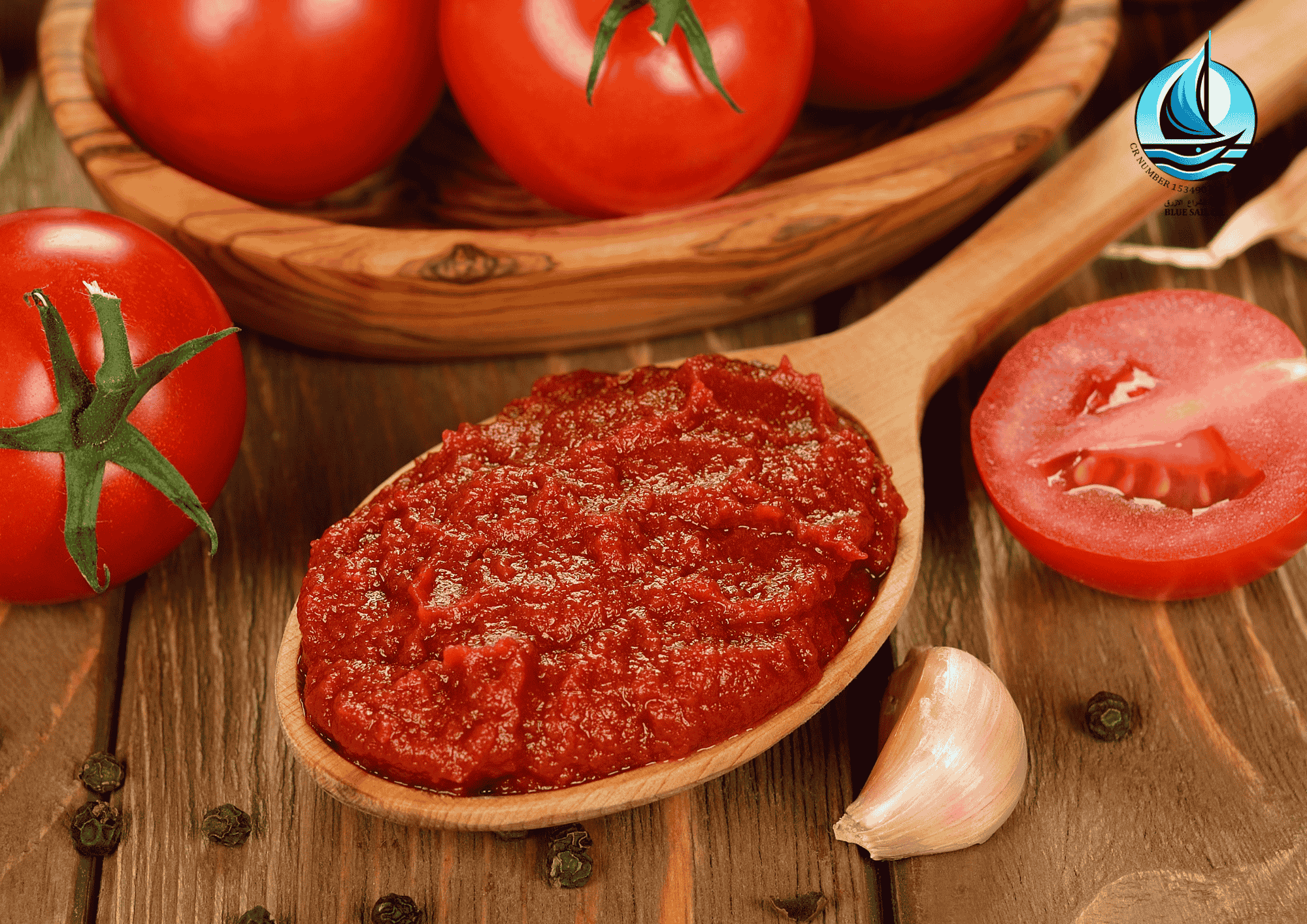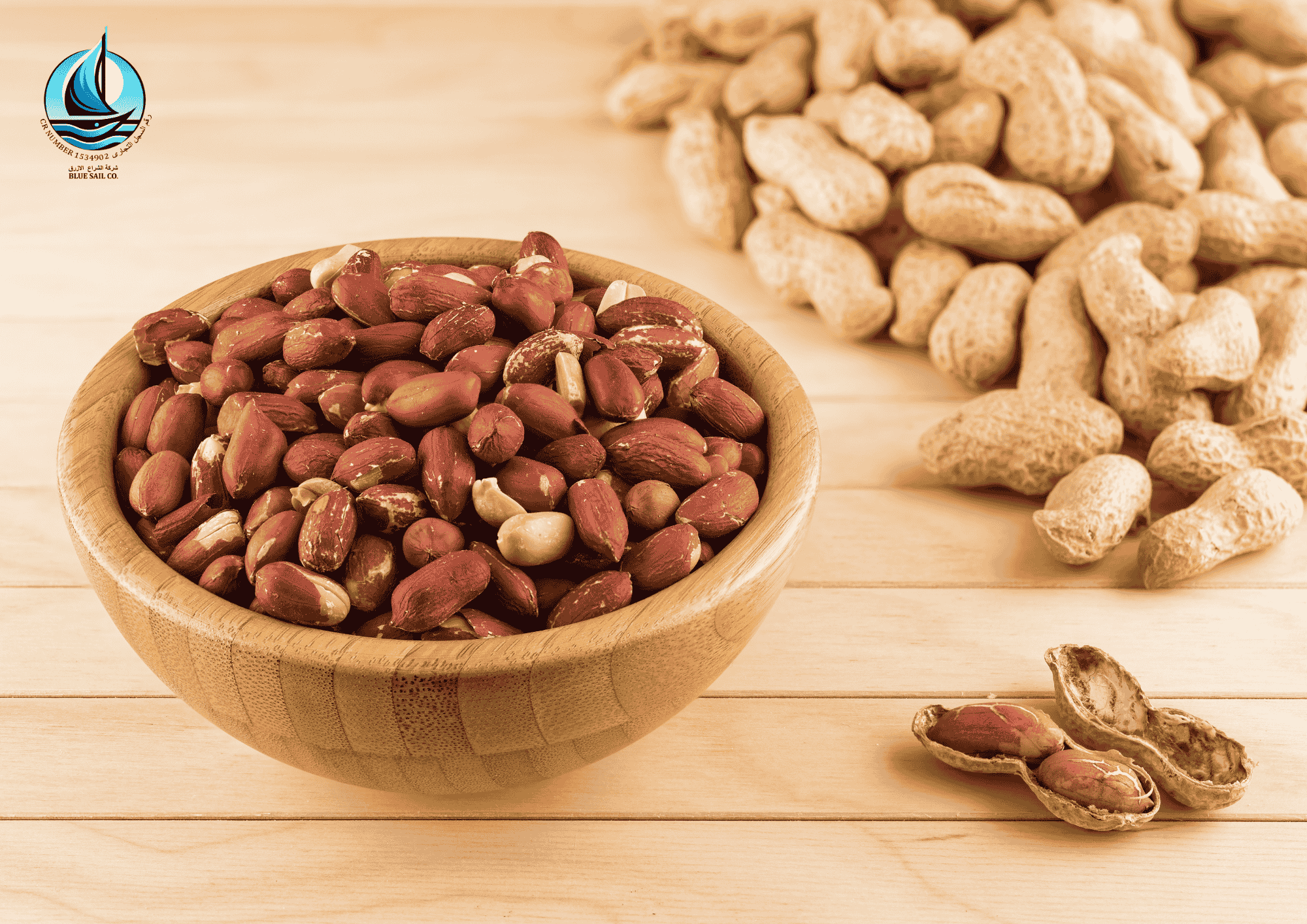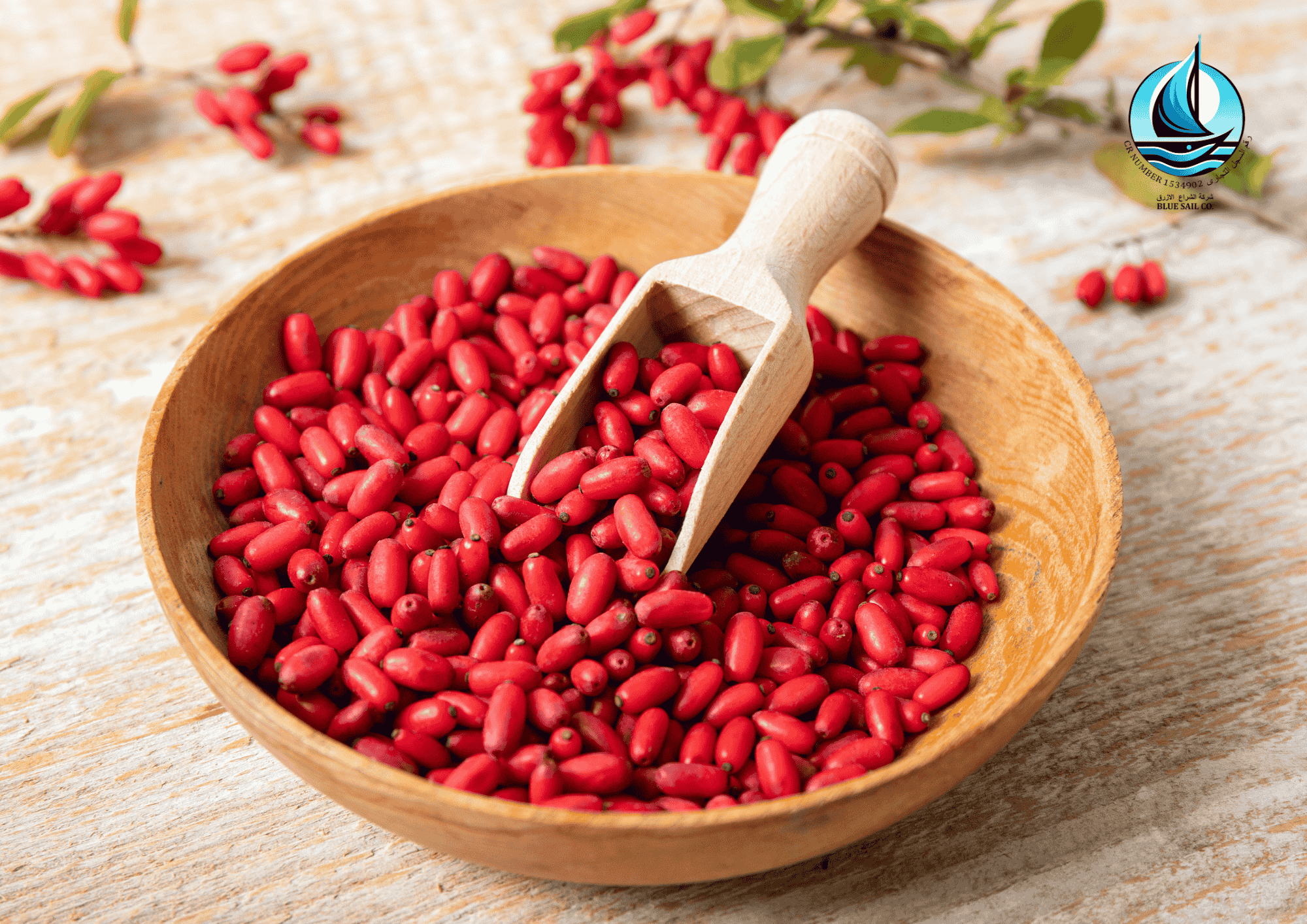The Amazing Properties of Honey
Honey has been a staple in human diets and medicine for thousands of years. Not only is it a natural sweetener, but it also offers numerous health benefits and possesses unique properties that make it a valuable ingredient in both the kitchen and the medicine cabinet. Let’s explore some of the remarkable properties of honey.
1. Nutritional Value
Honey is a rich source of essential nutrients. It contains vitamins such as B6, thiamin, niacin, riboflavin, pantothenic acid, and certain amino acids. Additionally, honey provides minerals like calcium, copper, iron, magnesium, manganese, phosphorus, potassium, sodium, and zinc. Though it’s primarily made up of carbohydrates (mainly glucose and fructose), it also contains trace amounts of proteins and enzymes that contribute to its health benefits.
2. Antioxidant Properties
Honey is packed with antioxidants, including flavonoids and phenolic compounds. These antioxidants help neutralize free radicals in the body, reducing oxidative stress and potentially lowering the risk of chronic diseases such as heart disease and cancer. Darker varieties of honey, like buckwheat honey, typically contain higher levels of antioxidants compared to lighter varieties.
3. Antibacterial and Antifungal Properties
One of honey’s most remarkable properties is its ability to fight bacteria and fungi. Honey contains hydrogen peroxide, a natural antiseptic, as well as a low pH that inhibits bacterial growth. This makes honey an effective treatment for minor wounds and burns, as it helps prevent infection and promotes healing. Certain types of honey, such as Manuka honey from New Zealand, are particularly potent in their antimicrobial effects.
4. Soothing and Healing for the Skin
Honey has long been used as a natural remedy for skin issues. Its antibacterial properties make it effective in treating acne and other skin infections. Honey also acts as a humectant, helping the skin retain moisture, making it an excellent ingredient for hydrating face masks and lotions. Furthermore, honey’s anti-inflammatory properties help soothe irritated or sensitive skin.
5. Cough and Cold Relief
Honey is widely known as a natural remedy for coughs and colds. Its soothing texture helps coat the throat, reducing irritation, and its antimicrobial properties can help fight infections. In fact, research has shown that honey is just as effective, if not more so, than over-the-counter cough medicines, particularly in children over the age of one.
6. Digestive Health
Honey can support gut health thanks to its prebiotic properties. It helps promote the growth of beneficial bacteria in the digestive system, which aids in digestion and improves overall gut health. Honey has also been used to soothe conditions like acid reflux and indigestion.
7. Natural Energy Booster
With its high carbohydrate content, honey is an excellent natural source of energy. The glucose in honey provides a quick energy boost, while the fructose offers a more sustained energy release. Athletes often use honey as a natural energy supplement before or during workouts to improve stamina and performance.
8. Wound Healing
Honey has been used for centuries to treat wounds and burns. It promotes healing by keeping the wound moist, which accelerates tissue repair. Additionally, its antibacterial and anti-inflammatory properties help reduce the risk of infection and minimize swelling.
9. Regulates Blood Sugar Levels
While honey is a form of sugar, it has a lower glycemic index compared to refined sugar, meaning it doesn’t cause a rapid spike in blood sugar levels. The combination of glucose and fructose in honey allows for a more gradual absorption into the bloodstream. This makes honey a better alternative for sweetening foods for those looking to manage their blood sugar levels.
10. Allergy Relief
Some studies suggest that consuming local honey can help alleviate seasonal allergies. The theory is that by ingesting small amounts of local pollen present in the honey, the body becomes desensitized to the allergens over time. While more research is needed to fully confirm this, many people report reduced allergy symptoms after regular consumption of local honey.
How to Use Honey in Your Diet and Daily Life
- As a natural sweetener: Replace refined sugar with honey in teas, smoothies, and baked goods.
- Topical application: Use honey in homemade face masks or directly on minor wounds and burns.
- Cough syrup: Take a spoonful of honey to soothe a sore throat or calm a cough.
- Boost energy: Mix honey into your pre-workout snack or drink for a quick energy boost.
- In skincare: Combine honey with natural ingredients like yogurt or oats for a hydrating and exfoliating face mask.
Conclusion
Honey is much more than just a sweet treat. Its impressive range of properties, from antimicrobial and antioxidant benefits to its soothing effects on the skin and digestive system, makes it a powerful natural remedy. Whether you’re using honey to enhance your meals or to heal minor ailments, this golden nectar proves to be a versatile and valuable addition to any lifestyle.
Always ensure you use pure, unprocessed honey to maximize its health benefits.





